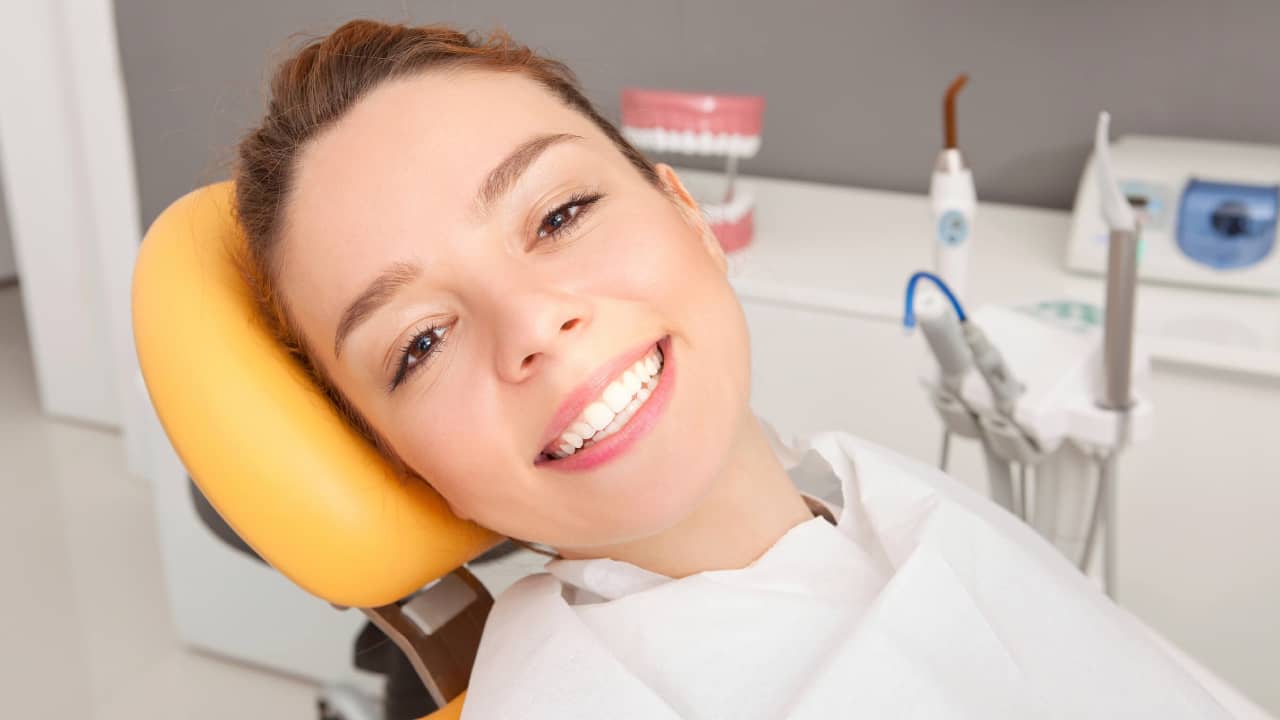When you are concerned about a loved one’s drug usage, it can be difficult to ascertain the severity of their problem. People can abuse drugs without becoming addicted; nevertheless, drug abuse can be a prelude to addiction, therefore it is always preferable to be informed.
Addiction may seem frightening, but it is curable. Going to treatment may be a life-saving decision that leads to a pleasant and healthy sober life.
Below mentioned are 4 signs that can help your loved ones to get rid of addiction.
- CHANGES IN PHYSICAL CONDITION
The most obvious indication of addiction or substance use disorder is physical changes (SUD). When someone has SUD, they frequently spend the majority of their time looking for and consuming drugs. They may continue to ignore their cleanliness habits, as well as their sleeping, eating, and exercise regimens. This carelessness can be shown in weight fluctuations and overall look. They may just seem less well-dressed than usual. Malnutrition is related with drug and alcohol misuse, as evidenced by weight loss and the state of one’s skin, nails, and hair. Weight gain might sometimes be a concern. Any kind of addiction can also cause skin colour changes, as well as the growth of sores on the face and body, dilated pupils, and dental issues.
- SLEEP HABITS CHANGES
Addiction can lead to irregular daily routines and sleep habits. Substance users may stay awake all night, sleep at odd hours, and fall asleep during discussions.Stimulants like methamphetamines and cocaine enhance wakefulness and alertness. Drug Addiction help treatment can be done in rehab.The stimulant high is usually brief and is followed by a severe fall. Users frequently use the drug repeatedly to experience one high after another in order to avoid the crash. Nevertheless, this leads to the user ingesting more of the medication, which prevents him or her from sleeping for days afterwards.
- BEHAVIORAL CHANGES
Addiction can have a wide range of behavioural consequences. The effects vary depending on the type of medication and the individual. Among the possible behavioural changes are:
- They have lacked interest in things that are essential to them.
- Lack of interest in daily tasks and a lack of energy
- Being gloomy and adopting a pessimistic view on life
- Unusual mood fluctuations, which can be severe
Behavioral changes might indicate the presence of co-occurring mental health problems, psychosis, or other severe conditions. These conditions can cause paranoia, aggression, suicidal thoughts, or hallucinations in extreme situations. If you notice this, get medical attention right once to save the individual from hurting himself or others.
- PERFORMANCE CHANGES
Addiction may swiftly take over a person’s life, and getting and consuming drugs can become the user’s top goal. Schoolwork, job, and even family life are relegated to the background.As a consequence of recovering from large or repeated doses of drugs, users may be late or miss workdays.
Conclusion
Ultimately, the sooner you notice the indications of an alcohol or drug issue, the more probable it is that your loved one will have a successful ending. There are, thankfully, ways to assist. Aforesaid are the signs of addiction, knowing the signs can assist you if you suspect a loved one is abusing drugs or alcohol.


